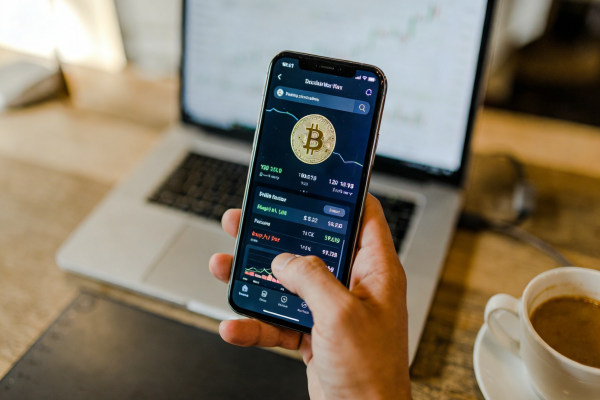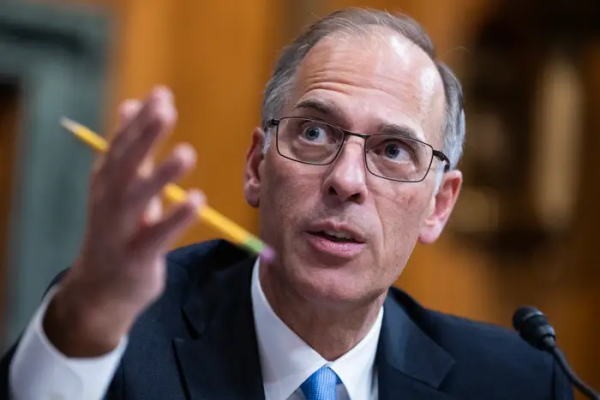Ripple affiliate Evernorth will go public through a $1 billion SPAC to build a massive XRP treasury.
The move could make Evernorth one of the first publicly traded companies to hold XRP as a core asset on its balance sheet, signaling growing institutional interest in digital assets.
Evernorth Holdings, a digital asset company affiliated with Ripple Labs, announced plans to go public through a merger with Nasdaq-listed special purpose acquisition company (SPAC) Armada Acquisition Corp. II, a move aimed at capitalizing on growing institutional demand for publicly traded digital asset treasuries.
The transaction is expected to generate gross proceeds exceeding $1 billion, including a $200 million investment from Japan's SBI Holdings, a company with historical ties to SoftBank. The company said it expects additional support from Ripple, Pantera Capital, Kraken, and GSR.
Evernorth said the funds will be used to purchase digital assets through the open market, building one of the world's largest XRP treasuries.
Once the merger is complete, the combined company is expected to trade on Nasdaq under the ticker symbol XRPN.
Evernorth CEO Asheesh Birla said the new investment vehicle aims to “accelerate XRP adoption” amid growing interest in decentralized finance (DeFi), offering investors a way to gain exposure to XRP and related digital asset strategies through the open market.

Source: Asheesh Birla
Previously, Ripple Labs reportedly plans to raise approximately $1 billion from the sale of XRP to build its digital asset treasury, combining the newly acquired tokens with some of its existing holdings.
Separately, Ripple recently agreed to acquire corporate treasury platform GTreasury in a transaction valued at approximately $1 billion, aiming to expand its enterprise liquidity and payments infrastructure.
Meanwhile, other companies, including VivoPower, have unveiled digital asset strategies focused on XRP, highlighting growing institutional interest in the token.
The Rise of Digital Asset Treasury Strategies
Evernorth's move to establish a digital asset treasury is not unique. This year alone, dozens of companies have emerged with similar ambitions to accumulate cryptocurrencies as part of their corporate balance sheets.
Much of this movement can be traced back to Michael Saylor's Strategy, the first major public company to adopt Bitcoin (BTC) as its primary treasury reserve asset—a holding that has since grown to nearly 700,000 BTC.
Currently, over 200 public companies hold Bitcoin on their balance sheets. While most are not dedicated digital asset treasury firms, many hold these assets to gain market exposure.

Source: BitcoinTreasuries.NET
Beyond Bitcoin, corporate treasury strategies have expanded to include assets such as Ethereum (ETH), Solana (SOL), and Ethena (ENA) as companies explore digital assets with strong growth narratives.
Still, not everyone is convinced. Deng Chao, CEO of crypto venture capital firm HashKey Capital, stated that digital asset treasury strategies continue to face skepticism from traditional finance, which he believes remains a barrier to broader institutional adoption.
Others share similar concerns. David Bailey, CEO of Bitcoin treasury firm Nakamoto, believes the poor performance of altcoins has undermined confidence in the broader digital asset treasury model.
"Toxic financing, failed altcoins rebranded as digital asset treasury companies, and too many failed companies with no plan or vision. It completely muddies the narrative," Bailey said.









